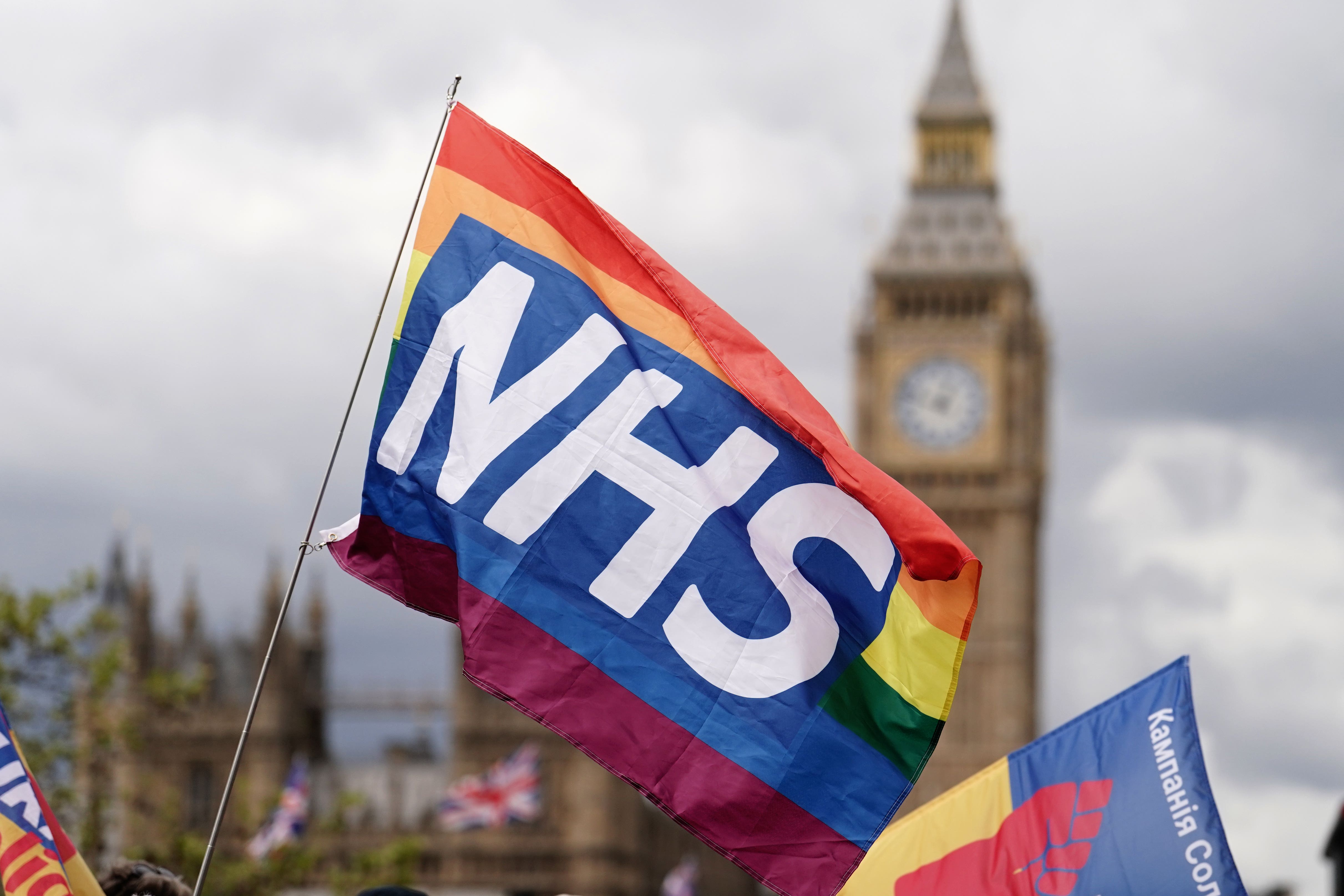Of course more nurses are paying higher-rate income tax – it is a fair way to pay for public services
Anyone complaining that too many people are paying the 40p rate needs to explain how they would raise the money instead, writes John Rentoul


The Institute for Fiscal Studies (IFS) knows how to hit the headlines, and “One in five will be paying higher income tax rate by 2027” is one that many readers want to read. They wanted to read it when the IFS pointed out in March that allowing earnings inflation to push more people into the higher-rate tax bracket amounted to the biggest tax rise since Geoffrey Howe doubled VAT in 1979, and they have wanted to read it again now that the IFS has updated its estimates.
The line that is usually well reported in all media, including The Independent, is that nurses and teachers are increasingly being dragged into paying higher-rate tax. At a time when both groups are going on strike for higher pay, it may seem pointed to say so, but people should be pleased that so many nurses and teachers are earning more than £50,270 a year, which is the point at which the 40p-in-the-pound rate comes in.
The question to be asked of anyone who finds it surprising that the chancellor has allowed so many people to be dragged into the higher tax bracket is this: what part of “highest tax burden for 70 years” do you not understand?
To be fair to the Conservative backbenchers who constitute what we described as the “Tory backlash” against the IFS figures, some of them understand this well enough. For Iain Duncan Smith, any headline-grabbing way of illustrating the record tax burden is a weapon to be deployed in his campaign to claim that Liz Truss was right to make unfunded tax cuts.
But the rest of us should not be taken in. We should know that the tax burden has had to go up to pay for the public services that we value, at a time of slow economic growth, and in part because the government borrowed huge sums to preserve jobs during the pandemic. Anyone complaining that too many people are paying the 40p rate needs to explain how they would raise the money instead, or what public spending they would cut.
Again, to be fair to Jacob Rees-Mogg and Miriam Cates – and I always try to be fair to people with whom I disagree – they have said that the government’s childcare plans are “anti-family” and “anti-Conservative”, so they could save a couple of billion a year there. But they are at odds with public opinion on that one.
For the rest of us, we have to accept that if we want decent public services, we will have to pay for them. And if we need higher taxes, letting inflation push more people into the 40p income tax rate is quite a sensible way to achieve that.
Most people think that only people who are richer than they are should pay more tax, but when we are heading for the highest tax burden since the 1950s, that means a lot of taxpayers will have to pay more. Jeremy Hunt increased taxes on people earning more than £125,000 a year, by reducing the threshold for the 45p-in-the-pound top rate of income tax, but there aren’t enough of such people, so those further down the scale will have to pay more too.
Letting inflation do the work by stealth is relatively painless, and anyone earning more than £50,000 a year is still a long way above average full-time earnings, which are £33,000.
If you were designing a perfectly fair tax system from scratch, it wouldn’t look like the system we have got, but income tax is progressive: the higher your income, the greater the percentage paid in tax. Some will argue that the jump from the 20p-in-the-pound basic rate to 40p is too steep, and the £50,000-a-year threshold too low, but the progressive principle is a good one, and we should be satisfied that the highest-earning one-fifth of taxpayers are bearing roughly their fair share of the burden.



Join our commenting forum
Join thought-provoking conversations, follow other Independent readers and see their replies
Comments